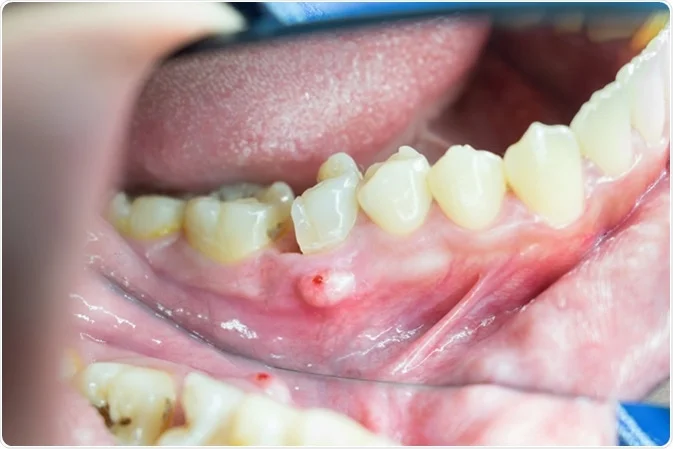Mint or mentha belongs to the Lamiaceae family, which contains around 15 to 20 plant species, including peppermint and spearmint. It is a popular herb that people can use fresh or dried in many dishes and infusions. Manufacturers of toothpaste, gum, candy, and beauty products often use mint oil.
Benefits of Mint
- Digestive Health: Mint has been traditionally used to relieve indigestion and gastrointestinal problems, such as bloating and gas.
- Respiratory Health: Mint’s menthol content has been shown to relieve respiratory problems such as cough, cold, and congestion.
- Oral Health: Mint’s antibacterial and anti-inflammatory properties can help prevent bad breath, tooth decay, and gum disease.
- Skin Health: Mint’s cooling and soothing properties make it beneficial for treating skin problems such as itchiness, inflammation, and acne.
- Cognitive Health: Mint’s aroma has been shown to improve cognitive function, memory, and alertness.
Nutrition Facts Of Mint
Mint is a low-calorie herb that is rich in nutrients and antioxidants. Here are the nutrition facts for one tablespoon (3 grams) of fresh mint leaves:
- Calories: 2
- Carbohydrates: 0.4 g
- Fiber: 0.2 g
- Protein: 0.1 g
- Fat: 0.0 g
- Vitamin C: 1.6 mg
- Folate: 4.8 mg
- Calcium: 6.3 mg
- Iron: 0.2 mg
- Magnesium: 3.3 mg
- Potassium: 12.0 mg
Mint has several advantages and disadvantages, depending on its use and the individual’s health condition. Here are some of them:
Risks Of Mint
- Allergic reactions: Some individuals may be allergic to mint, causing allergic reactions such as skin rashes, hives, or difficulty breathing.
- Heartburn: Mint can relax the lower esophageal sphincter, leading to acid reflux and heartburn.
- Interactions with medication: Mint can interact with certain medications, such as antacids and blood pressure medication, leading to adverse effects.
- Overconsumption: Overconsumption of mint can lead to nausea, vomiting, and diarrhea.
- Not suitable for some health conditions: Mint is not recommended for individuals with gastroesophageal reflux disease (GERD), liver disease, or gallbladder problems.
Overall, mint can provide several health benefits when consumed or used in moderation. It is important to consult a healthcare provider before using mint as a natural remedy or supplement.



